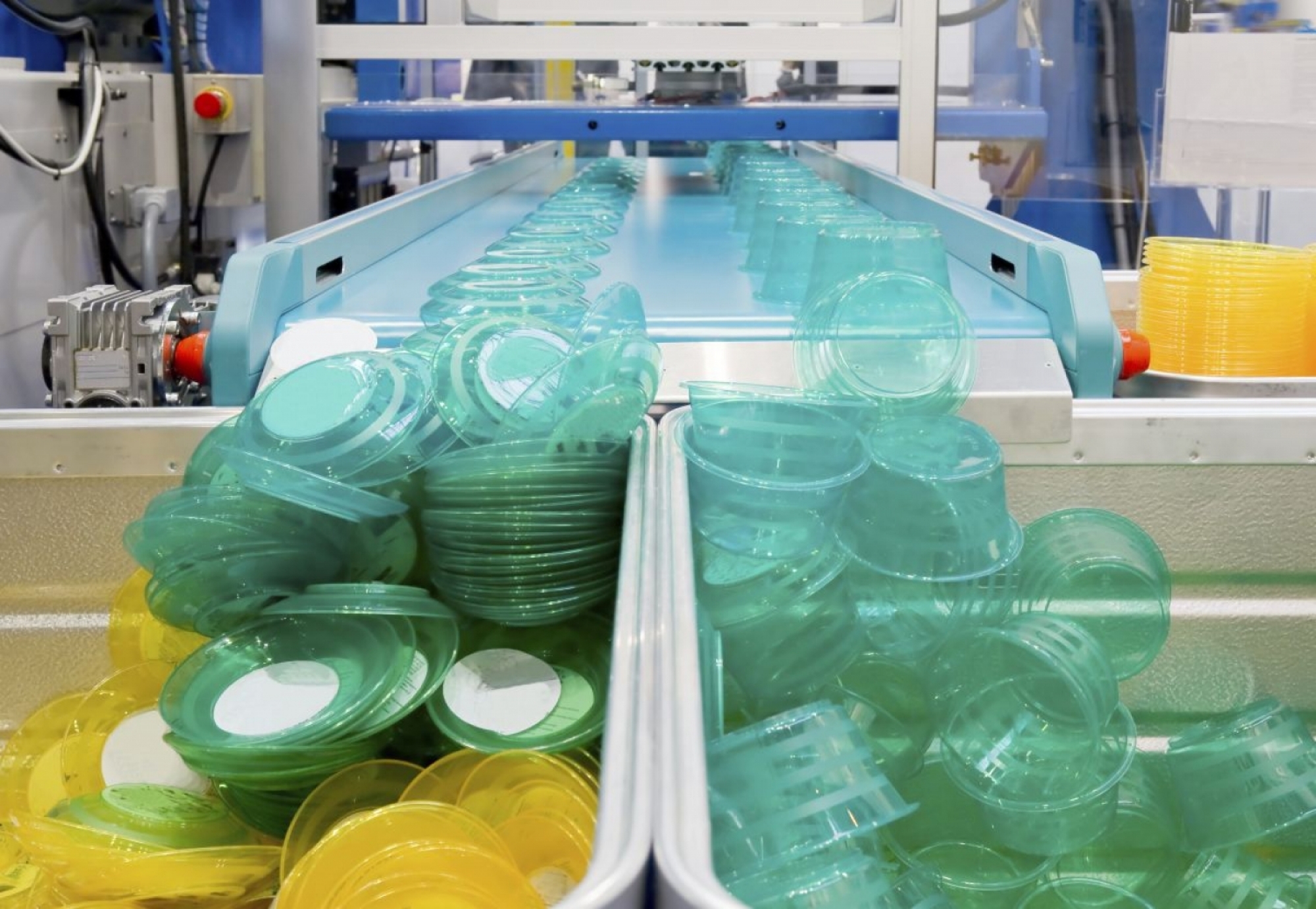Patricia Dunn probably summed it up best in Rebels by Accident: “Nothing on this earth lasts forever. Except maybe plastic”. And while its durability, low cost and predominant use throughout the 20th century is enough to suggest that plastic was ‘fantastic’, the world has become a far more environmentally conscious place in the 21st century, prompting industries across the globe to rethink their green credentials (for more details on the role millennials are playing in this eco-shift, click here) and take a firmer grip on waste management – and the management and recycling of plastic is central to this.
The plastics sector – driven in part by tightening regulations – has made such progress in recycling in recent years that ‘recycled plastics’ is now recognised as a market in its own right, and one that is forecast to grow at a compound annual growth rate (CAGR) of 4.31% between 2016 and 2020, according to Technavio. The increase in the recycling of plastics is resulting in a decrease in the quantity of waste material dumped into landfills, as well as the transformation of said waste into lower or same grade plastic materials, which are then repurposed as products across a variety of sectors.
Recent years have also seen the rise of companies producing and selling products made entirely and exclusively of recycled plastics – making the recycled element integral to the business model rather than simply an element of it. Lancashire based Kedel Limited is a good example of this. As one of a number of companies manufacturing and supplying “recycled plastic lumber”, they specialise in imitation wood products that offer customers the look of timber with superior durability and none of the associated maintenance costs. Kedel is indicative of a new type of company – not a plastics manufacturer that happens to use recycled materials, but, very deliberately, a recycled plastics manufacturer.
Acknowledging the previous life of a product, and thereby creating a story around it, is key. Though “100% recycled plastic” is a nice slogan, and certainly does influence buying decisions among environmentally-concerned consumers, being able to claim “made from discarded mobile phone covers”, or “waste from the manufacture of yoghurt pots”, or “recycled multi-colour plastic bottles”, provides an immediacy that consumers can easily identify with. Smile Plastics, which creates panels for use as table tops, work surfaces, or simply as works of art, goes a step further. As well as naming celebrating the specific original product, it incorporates that product visually – and artistically – into the new design. Be it a seat covering made from old wellington boots, a wall panel made of old mobile phone cases, or a table top made from plastic bottles – the products tell a story which consumers can all the more readily identify with.
With more restrictions and regulations imposed by the government and the European Union, companies from the plastics industry more widely could do with some more guidance on how to best recycle their materials and become compliant with a growing range of legislation. That’s where entities such as PIRAP (Plastics Industry Recycling Action Plan) come into play.
PIRAP is a programme aimed at producers, consumers, recyclers and re-processors of plastics. As part of the Plastics 2020 challenge sponsored by Plastics Europe, the British Plastics Foundation and The Packaging and Films Association, PIRAP works to highlight where improvements may be made to enhance plastic collection rates, improve collection methods, optimise sorting infrastructure and develop end markets for recycled plastic. Among its most high profile advocates are Nestle, Unilever and, more recently, packaging giant DS Smith.
For an industry that has often been linked to pollution and environmental degradation, it is quite heartening to see the steps the plastics sector is taking to improve its reputation and set a green example for other industries out there. It will certainly be interesting to see what the next innovations in plastics recycling will be over the coming years.
